Many songs have tried to claim the title of the LGBTQ+ anthem, but there is only one song that truly wins this prestigious label.Â
Of course, there are the contenders such as “I Will Survive” by Gloria Gaynor, “Dancing Queen†by Abba and, most recently, “Born this Way†by Lady Gaga. Let’s not forget Sister Sledge’s disco hit, “We Are Family.†This runner up made waves through the LGBTQ+ community and coined the phrase, “Are you family†(That phrase basically was a friendly way to call those in the community out that were still closeted, while being discreet within their own inner circle)?
As far as entertainers are concerned, many have earned the title of being either a supporter or a representative for the LGBTQ+ community: Barbara Streisand, Cher, Elton John, Madonna, Prince and George Michaels, just to name a few. The artists performed to sold out arenas dressed in elaborate costumes. Others came out to the public (unwillingly) during their career or created an adrogynous presence on stage, while others simply supported the LGBTQ+ movement by fighting for equal rights and supporting the AIDS crisis. Regardless of their appraoach to expressing themselves, artists have always embraced the gay and lesbian lifestyle.  Â
But only one group owns this prestigious title, and here are a few clues. The song was a big hit in the late disco era. We have all danced to it at various social gatherings, and during the song you are required to spell out four letters. It is the type of song that is played at birthday parties, bar mitzvahs and every gay or straight wedding that I have ever attended.  Â
Even your Uncle Fred and Aunt Sue, grand parents and cousins, have joined together in a circle to dance to this gay anthem, making the four letters in perfect formation with their arms and in unison with all who participated in the dance. This is followed by a military salute stance dance, similar to a side-to-side march while placing your left hand on your hip, with the right arm straight as a board, pointing from left to right, like Uncle Sam on a navy poster.
The catchy tune is the type that brings gays out of the closets, and in the era of disco in the ‘70s, the words “dance†and “fashion†blended together in gay and straight nightclubs. Â
This disco anthem also became a staple for sporting events, and had that rare opportunity to unite the masses. Whether you were straight, gay, black, white, lesbian, transgender (the list is endless), everyone was on their feet tapping their toes and moving their hips back and forth.
Once the first seven empowering brass chords are heard, everyone stands at attention and is in tune with the beat of the music and what song is playing.Â
The first chorus reads:
“Young man, there’s no need to feel down
I said, young man, pick yourself off the ground
I said, young man, ’cause you’re in a new town
There’s no need to be unhappy.â€
Altogether, the body starts to move, the music simply takes over, the hands begin to clap, the letters start to form and the whole world is copacetic. The single, which lasts 4 minutes and 47 seconds, has the ability to bring together families, friends and people of all walks of life.
Still puzzled? They had hits like, “Macho Man†and “In the Navy.†Their image was identifiable with mainly gay men, dancing in the underground clubs, but it also found its way into the hearts of America’s pop/disco culture and will now be part of history forever.
Once you really dissect and read into the lyrics, one begins to realize the song eludes to gay cruising. It’s a fun place to stay, when you’re short on your dough, you can have a good time and you can hangout with all the boys.
â€You can get yourself clean, you can have a good meal. You can do whatever you feel,†belts out the lead singer of the six man pop group.Â
It’s YMCA by the Village People!!!
Recently, the song was inducted into the Library of Congress, nearly 50 years after its release. The Village People consists of six men dressed in a variety of staged costumes. Each member of the group represents a different character: the cop, the cowboy, the Indian chief, the construction worker, the G.I, and my personal favorite, the biker.Â
When YMCA came out in 1978, it was a huge hit worldwide and reached number one in over 17 countries. Most listeners embraced the song despite its gay overtones, and simply chose to ignore the sterotypes that came with song. While the right winged on the other hand grew angry over the association between original meaning of the acronym YMCA(Young Men’s Christian Association), and a place for gay men to gather.
Now part of the National Recording Registry, the disco anthem pushed the boundaries on so many social levels. The Village People, in my opinion, were actually teaching us a lesson through music. The pop group gave us an education about diversity and sexuality at the same time. The crash course blended disco balls and glitter with racial issues and homosexual inuendos.Â
During the height of the disco era in 1977, French Producers Jacques Morali and Henri Belolo created the American disco group, “The Village People.â€Â The fans loved the fact they wore costumes when they performed, and attracted an audience that could be identifed with the stereotypical gay community. Disco was the LGBTQ+ way of bringing together diversity and music, while creating a bubble of equality for everyone to dance to. Â
I’m not claiming that disco, YMCA and The Village People saved the world, but it is pretty darn close to representing the Holy Trinity and being a savior for the LGBTQ+ community! As far as I am concerned, I will always equate this song as our gay anthem. Just like The Village People sang, “Young man, young man I was once in your shoes. Young man, young man I was down with the blues, YMCA.â€
Today the song still holds the same energy and stamina it did the first day it was heard on vinyl claiming it’s fun to stay at the YMCA. As for the group goes, they are still performing, and both the song and The Village People will live forever in the Library of Congress for generations to come.

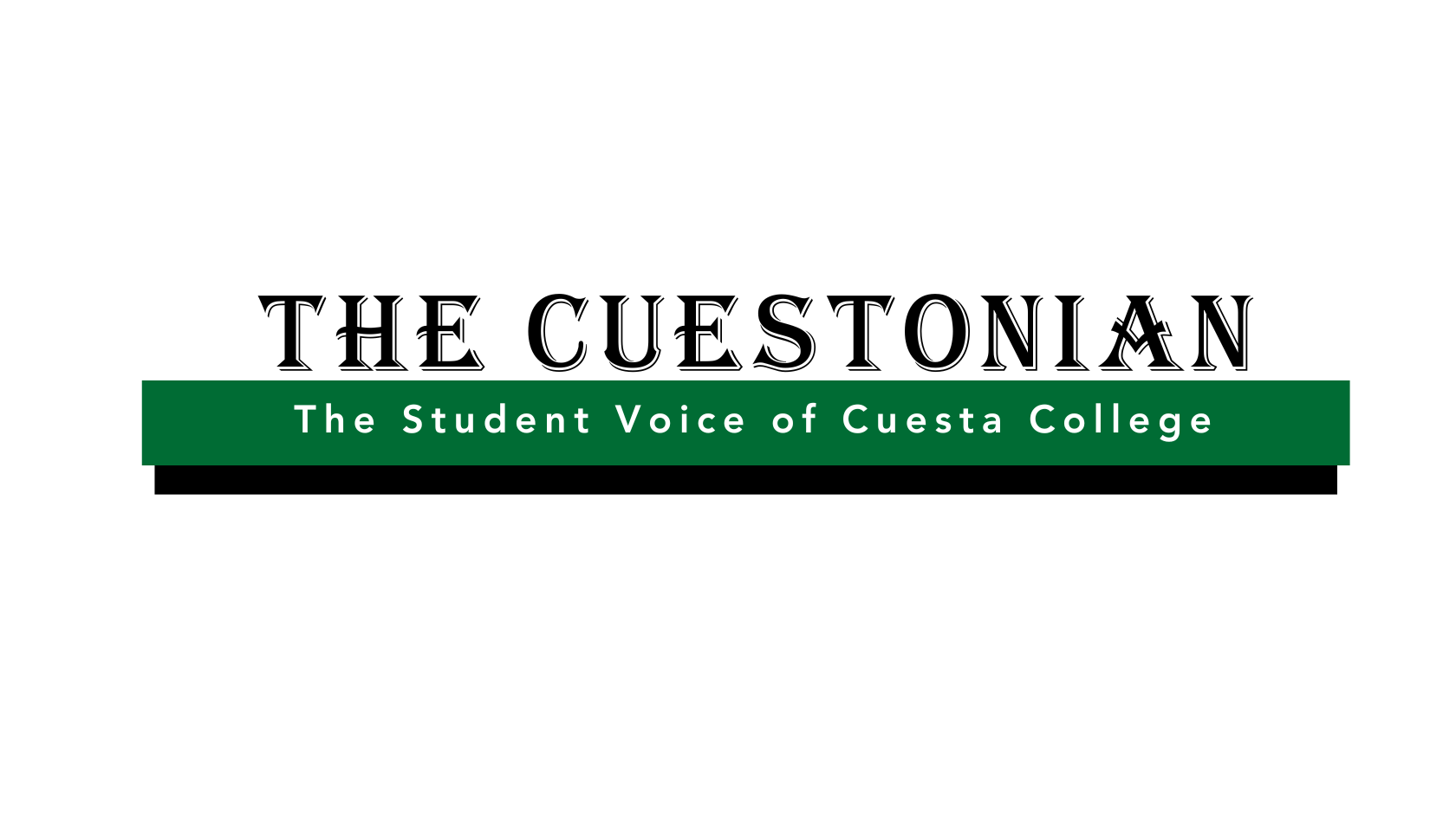

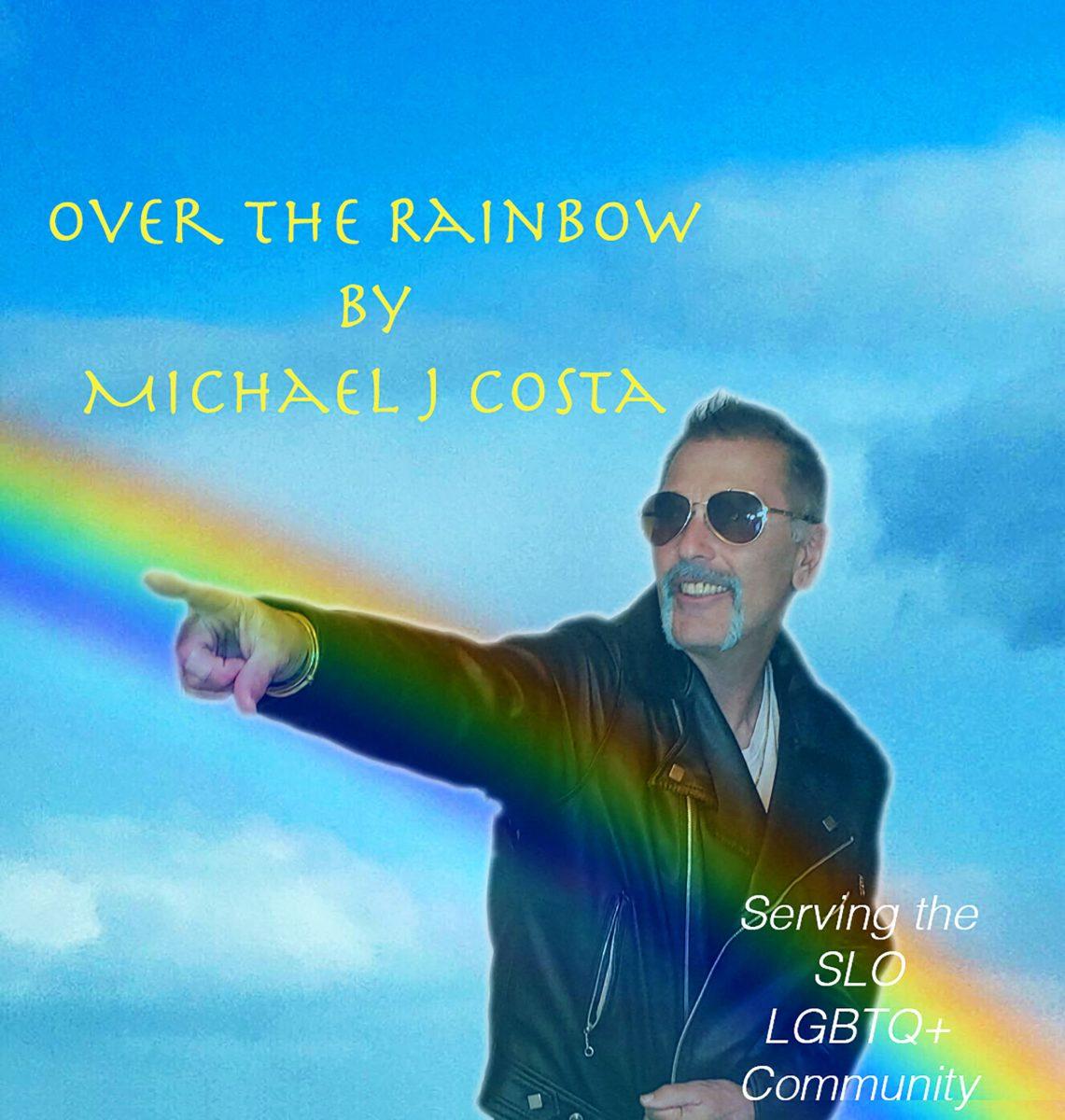



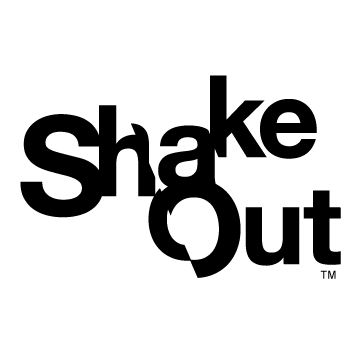

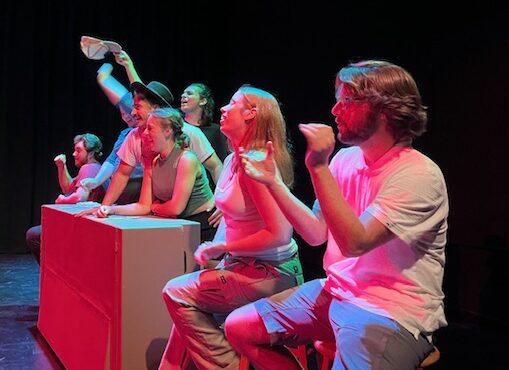
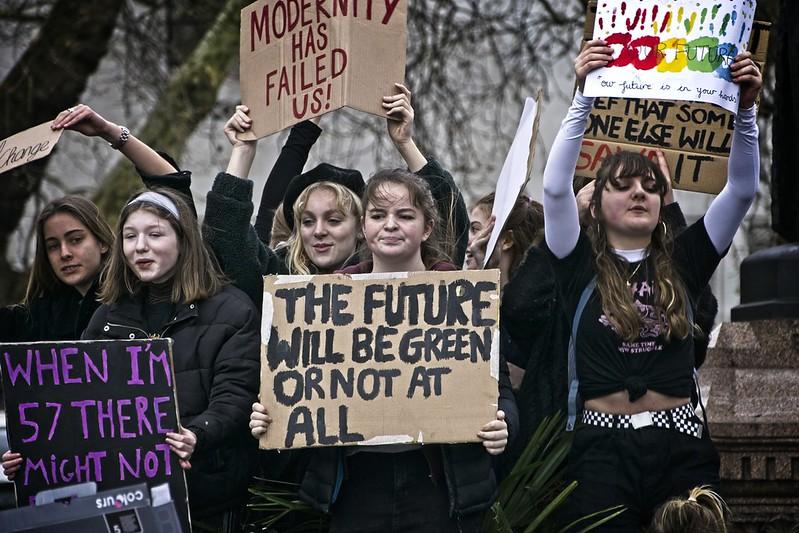

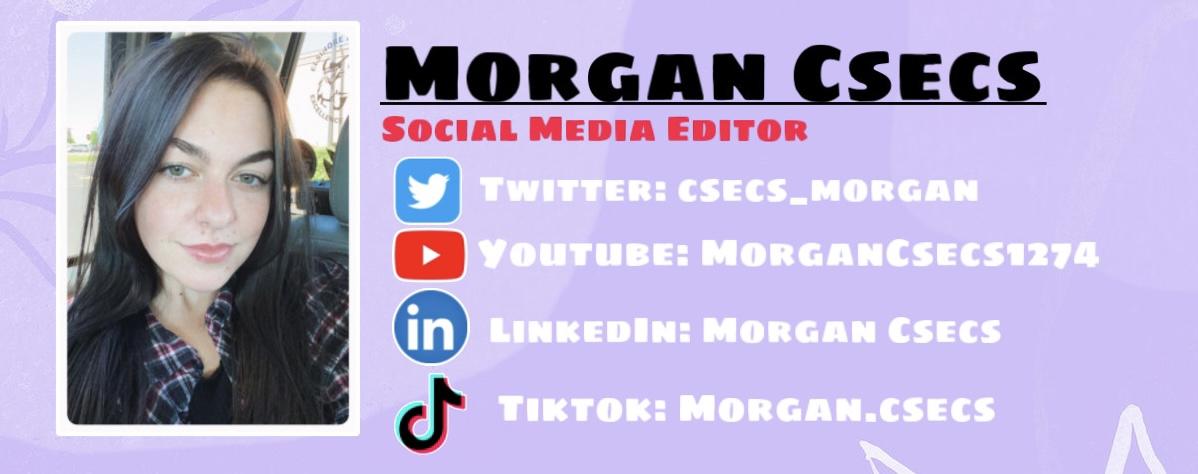
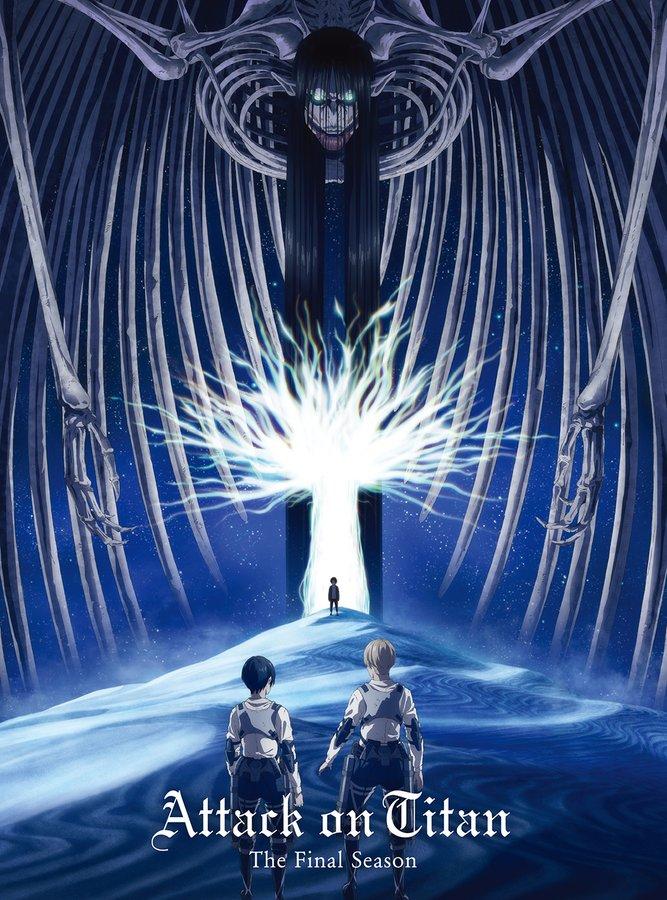
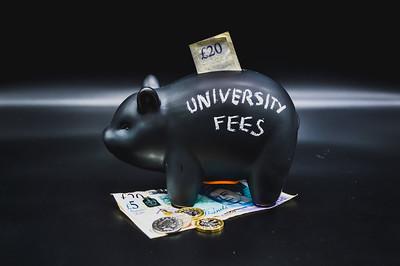
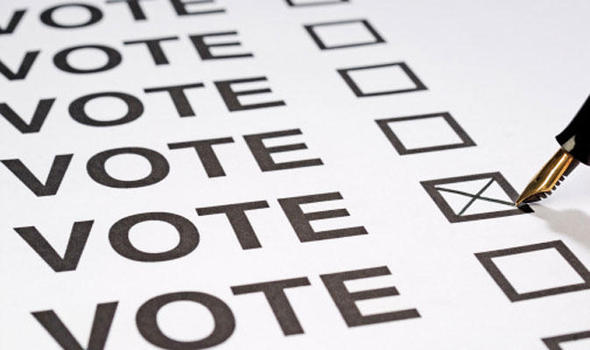
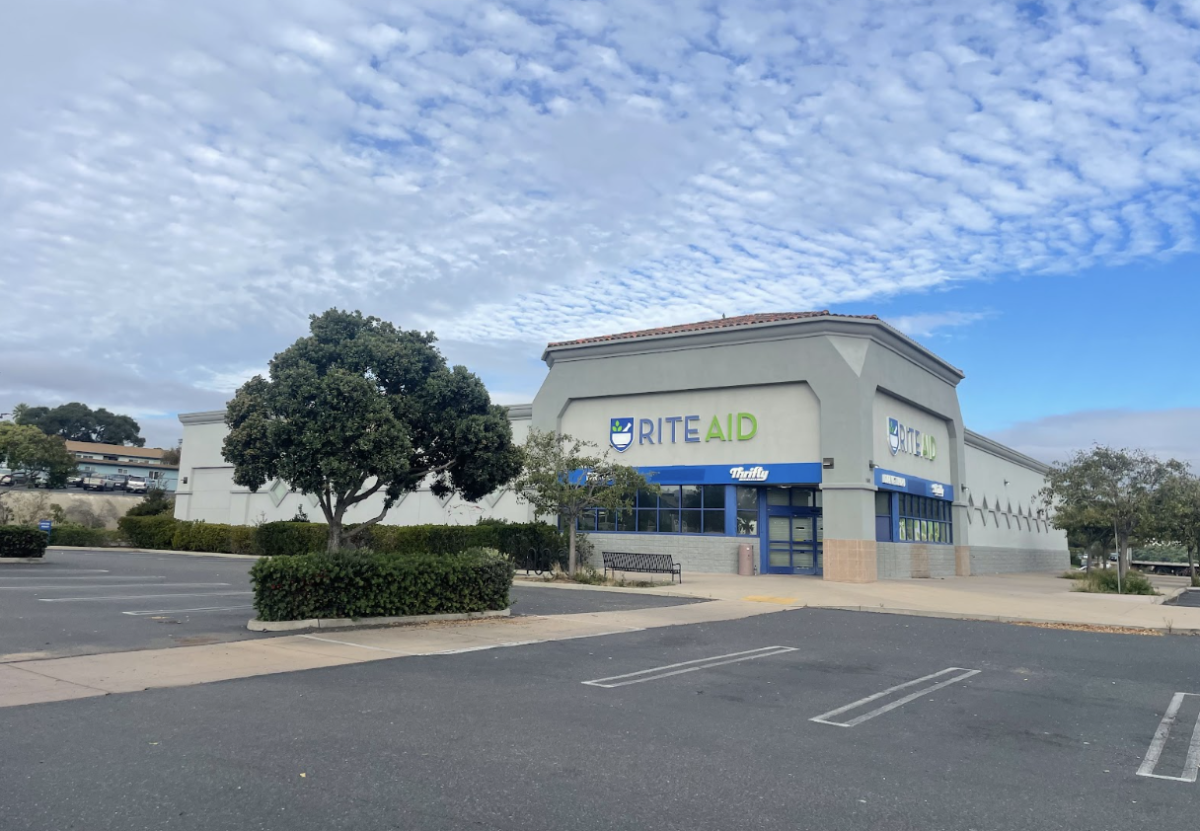


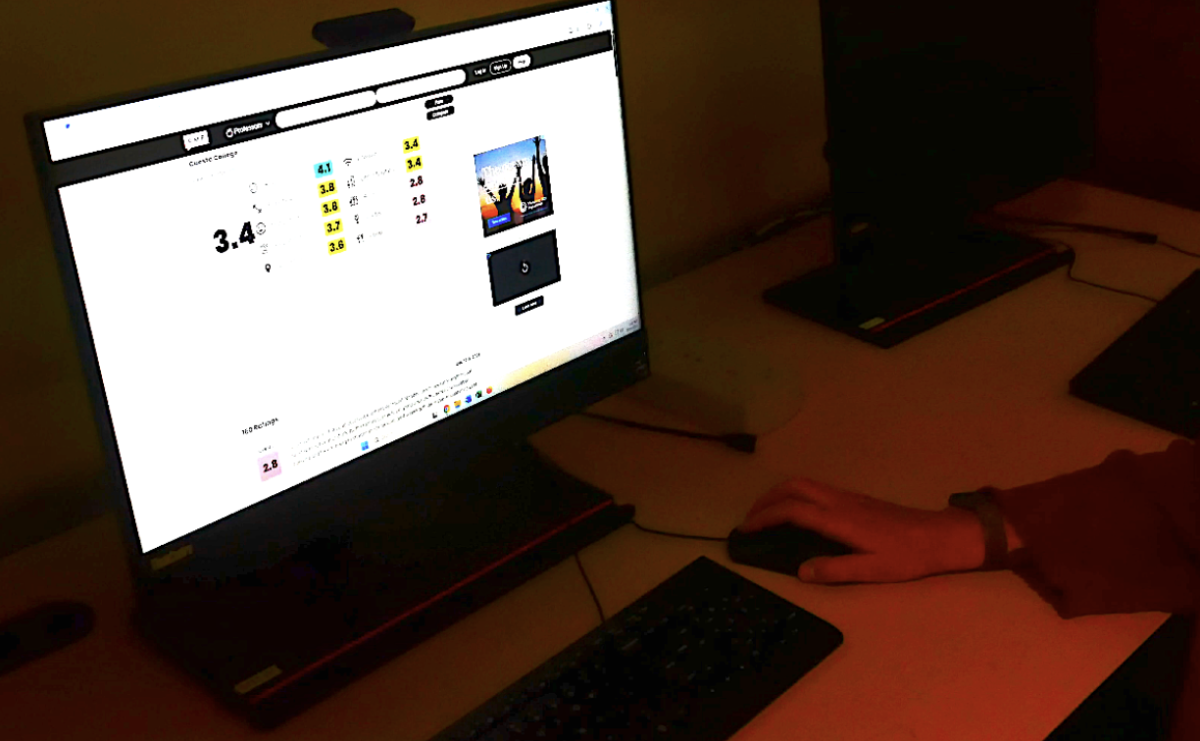


Jamie Scott • Apr 22, 2020 at 8:52 am
I love these articles. Thank you Michael!
Linda Lee • Apr 22, 2020 at 8:16 am
This is a great article! In addition to Michael’s great writing style, I appreciate his informative and creative approach. I wanted to start singing along! Thank you Michael!